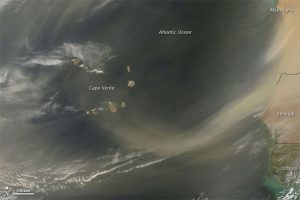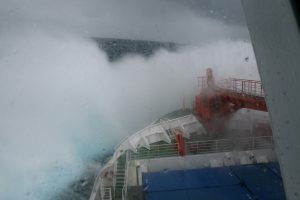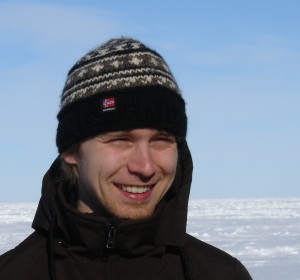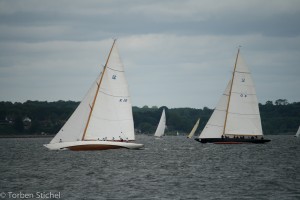
Torben Stichel
I graduated as a geologist at Christian-Albrechts-University in Kiel, Germany. Afterwards I carried out the research for my PhD in the same city but a different institution: The Helmholtz Centre for Marine Research (GEOMAR). I have enjoyed this time very much and learned to manage a PhD project with all its caveats (sample collection, method development, analysis, publishing etc). Right after my PhD defence (just 5 days later!) I flew to the other side of the world to start my first Postdoc at the University of Hawaii at Manoa, USA. I spent 2.5 years in Hawaii working on trace metals cycling in the North Atlantic Ocean —even though I was in the middle of the Pacific— and then returned to Europe to start a new post at the Imperial College London. Finally I joined the University of Southampton in 2014 as research fellow, where I work on the interplay between particulates and dissolved trace metals in seawater.
Throughout my academic career my research has focused on the marine cycle of trace metals including their isotope compositions and elemental concentrations. Radiogenic isotopes have been widely used to reconstruct past ocean circulation and inputs from weathering. The specific input mechanisms and internal cycling, however, are not yet well understood mostly due to the current lack of data of the modern oceans, which is vital to understand paleo datasets. Geochemical processes in the ocean are of great importance for modern, paleo- and future applications. For instance tracing the modern ocean circulation and identifying the sources and sinks of trace metals allows for a better understanding of the connection between the global ocean and Earth’s crust as components of the climate system. Tracking the modern ocean helps reconstruct the past ocean circulation and weathering inputs, because we become able to detect the course of water masses and nutrient distribution throughout the different basins. In turn, these reconstructions provide insights in how the climate system has changed and could change in the future. Ocean geochemistry contributes to compose the big picture of how the ocean interacts with the global climate.








